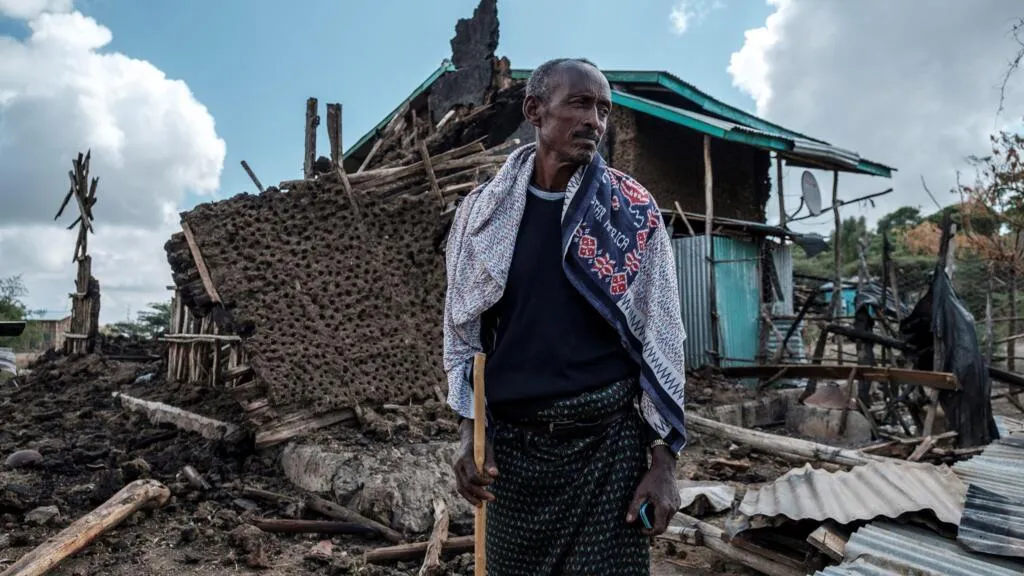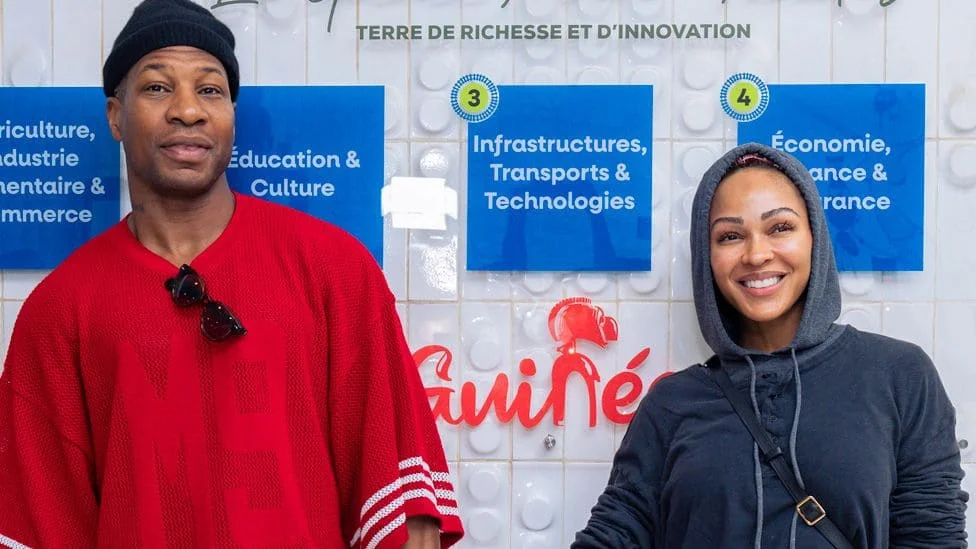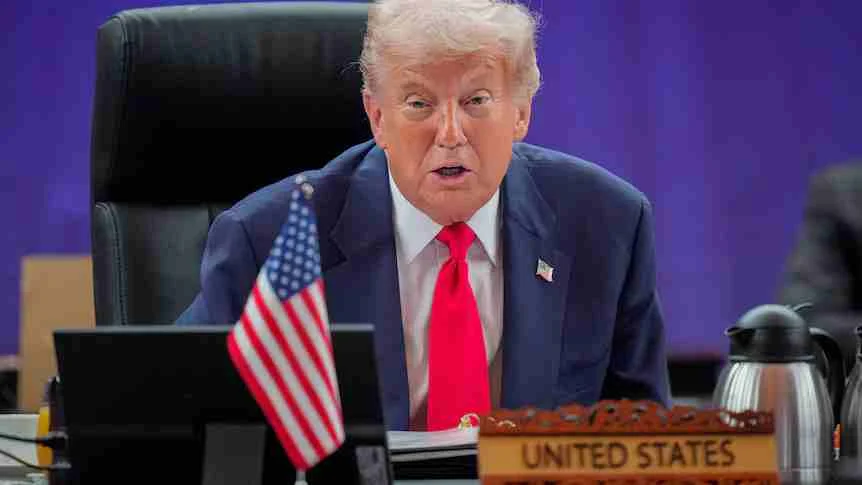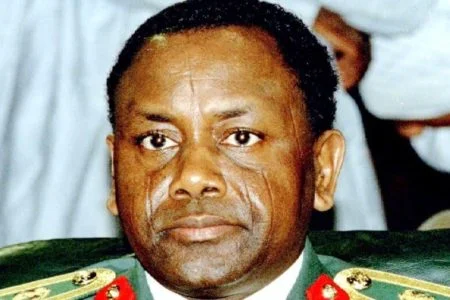On January 12, 2021, unidentified gunmen attacked Daletti village in the Metekel zone of Benishangul-Gumuz, Ethiopia, killing over 80 civilians, aged 2 to 45, between 5 and 7 am, per EHRC.
Survivor Ahmed Yimam reported 82 bodies and 22 injuries, with attackers using knives, arrows, and firearms, per. The Ethiopian Human Rights Commission (EHRC) noted no arrests, with perpetrators’ identities still under investigation, per.
Ethnic Tensions Fuel Violence
Opposition politicians labeled the attack ethnically motivated, alleging Gumuz militias targeted Amhara and Agaw minorities, per. The 2002 Benishangul-Gumuz constitution, designating Gumuz and others as “owners” while marginalizing Amhara and Oromo migrants, exacerbated land disputes, per. A December 2020 massacre in Bekoji killed 207, mostly Amhara, Oromo, and Shinasha, per. Witnesses reported Gumuz attackers chanting “leave our land,” per.
Government’s Struggling Response
Prime Minister Abiy Ahmed, despite visiting Metekel in December 2020 and establishing a security command post, failed to curb the violence, per.
The EHRC’s Aaron Maasho urged better federal-regional coordination, noting civilians faced relentless attacks, per. Fana Broadcasting claimed “relative peace” on January 11, but the Daletti attack disproved this, per. The Tigray conflict, diverting troops, weakened security in Metekel, per.
Humanitarian Fallout
The attack displaced thousands, adding to 100,000 IDPs in Metekel, with many fleeing to Sudan or Amhara, per. Survivors faced food shortages and inadequate medical care, with one reporting a child shot four times struggling to access treatment, per. Amnesty International called for urgent investigations, noting the attack’s brutality, per. Aid access remained limited due to insecurity and underfunding, per.
Critical Analysis
The Daletti massacre reflects systemic issues: ethnic federalism, implemented in 1995, fueled Gumuz-Amhara tensions, per. Large-scale land acquisitions for the Grand Ethiopian Renaissance Dam (GERD) displaced Gumuz, sparking resentment, per. Abiy’s attribution of violence to the Tigray People’s Liberation Front (TPLF) lacks evidence, with local dynamics like Fano’s territorial claims more relevant, per. The 9,000-strong multi-ethnic militia risks escalating revenge attacks, per. Weak governance, with 70% of Ethiopia’s 112 million living below $2.15/day, sustains conflict, per World Bank.
Path Forward
Ethiopia must deploy robust security to Metekel, prioritizing civilian protection, per. Peace forums, like those in Gilgil Beles, need enforceable outcomes, not just talks, per. Addressing land disputes requires revising the 2002 constitution to ensure equitable rights, per. International support, via UNHCR’s $300 million appeal for 2021, could aid 2 million IDPs, per UNHCR. Without tackling root causes—poverty, ethnic exclusion, and GERD-related displacement—violence will persist.






